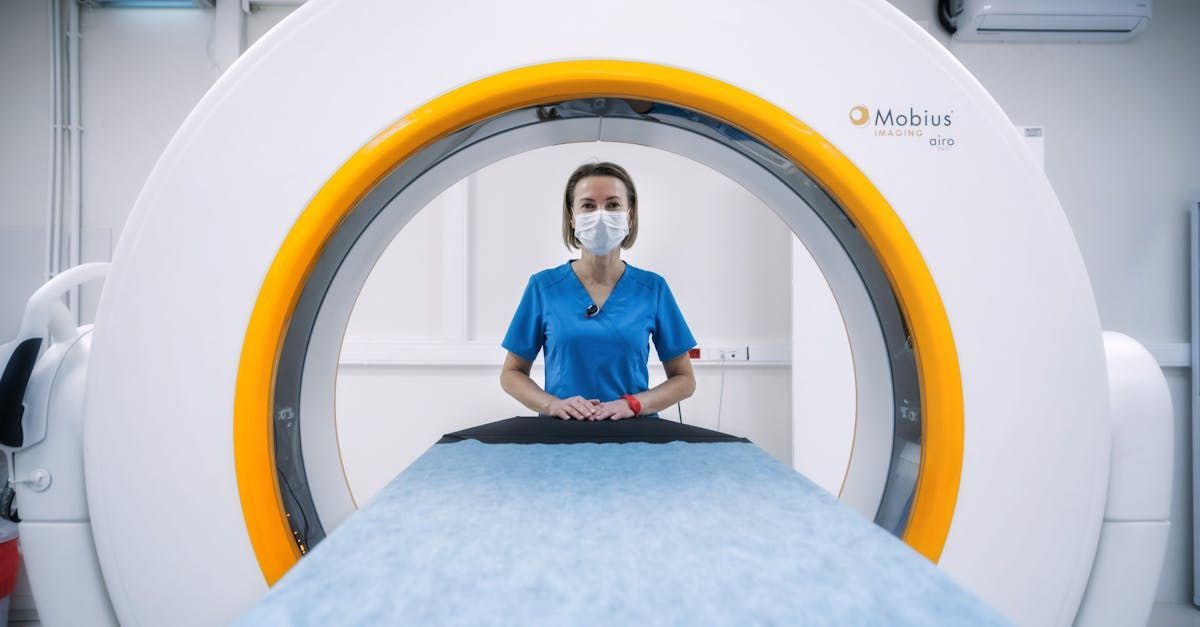Patient Case Studies

Notable Labs’ innovative approach to combination therapy holds immense promise for significantly improving cancer treatment outcomes, offering a beacon of hope despite current commercial limitations. Combination therapy, which involves using multiple drugs or treatment methods, aims to decrease resistant cancer cells and optimize drug doses without intolerable side effects. Notable’s Predictive Precision Medicine Platform (PPMP) identifies effective drug combinations, as highlighted in ASCO's Journal of Clinical Oncology Precision Oncology for treating juvenile myelomonocytic leukemia (JMML). By applying PPMP to JMML patient samples, Notable discovered tretinoin enhances the effects of standard therapies, potentially improving pre-transplant regimens. This approach has broad applications, offering a paradigm shift in cancer treatment, and positions Notable Labs as a leader in the fight against cancer.

Ongoing research is crucial for the advancement of precision medicine, as it drives the continuous innovation needed to understand the genetic and molecular underpinnings of diseases, develop new diagnostic tools, and create more effective and personalized treatment options. This blog will explore the future directions in precision medicine research, highlighting promising advancements and innovations in genomic technologies, multi-omics data integration, artificial intelligence, and personalized treatments for cancer and chronic diseases. Additionally, it will address the ethical, legal, and social implications of precision medicine, the importance of global collaboration, and data sharing. By examining these trends, we aim to provide a comprehensive overview of how precision medicine is poised to transform healthcare.

Notable Labs, Inc. is a pioneering therapeutic company utilizing its Predictive Precision Medicines Platform (PPMP) to find the most effective cancer treatments on a patient-by-patient basis. Notable has made significant strides in pediatric leukemia treatment by reducing the time and cost required to identify the right therapy for patients and increasing treatment precision by 97%, as validated by multiple trials.

Precision medicine is an innovative approach to healthcare that tailors treatment and prevention strategies to the individual characteristics of each patient. By leveraging genetic, environmental, and lifestyle factors, precision medicine aims to provide more accurate diagnoses and effective treatments compared to traditional one-size-fits-all methods.

The microbiome refers to the diverse community of microorganisms, including bacteria, viruses, fungi, and other microbes, that inhabit various environments in and on the human body. The gut microbiome, in particular, has garnered significant attention due to its vast influence on human health, playing crucial roles in digestion, immune function, and even mental health.

Wearable technology, such as smartwatches, fitness trackers, and health monitors, continuously collects data on various health metrics, including heart rate, activity levels, and sleep patterns. These devices have become increasingly popular due to their ability to gather real-time health data, which is valuable for both consumers and healthcare providers.

Patient registries are organized systems that collect, store, and manage comprehensive health data related to individuals with specific diseases, conditions, or health characteristics. These registries facilitate research, improve patient outcomes, and enhance the quality of care by gathering detailed health information over time.

Patient-generated data (PGD) refers to health-related information created, recorded, or gathered by patients themselves, rather than by healthcare providers. This data encompasses a wide range of information, from daily health logs and wearable device outputs to patient-reported outcomes and personal health records. The rise of digital health technologies has significantly increased the volume and variety of patient-generated data, making it a valuable resource for healthcare providers and researchers. The importance of patient-generated data lies in its ability to provide a comprehensive and continuous picture of an individual's health. Unlike traditional clinical data, which is often collected during sporadic healthcare visits, PGD offers real-time insights into a patient's daily life and behaviors.

Telemedicine and precision medicine are two rapidly evolving fields that have significantly transformed healthcare delivery in recent years. Telemedicine uses telecommunications technology to provide healthcare services remotely, while precision medicine tailors treatments to individual genetic, environmental, and lifestyle factors. Together, they offer a powerful synergy that enhances healthcare accessibility and effectiveness. This integration enables remote genomic testing, personalized treatment plans, and continuous patient engagement, all facilitated by advanced technological tools and platforms. Despite challenges, the combined strengths of telemedicine and precision medicine promise a future of more precise, efficient, and patient-centered healthcare.

In the rapidly evolving landscape of healthcare, precision medicine stands out as a transformative approach, offering treatments tailored to individual genetic profiles. This shift from the traditional one-size-fits-all model demands a workforce proficient in cutting-edge genetic knowledge and technologies. In this blog, we explore the critical role of specialized training and education in precision medicine, examining how current programs, innovative teaching methods, and ongoing professional development are shaping the next generation of healthcare professionals. Discover how education is driving the future of personalized medicine and the challenges we must overcome to realize its full potential.
